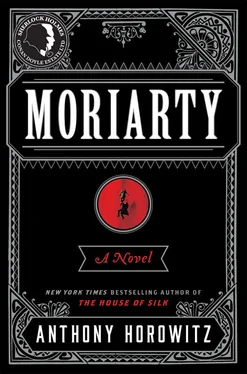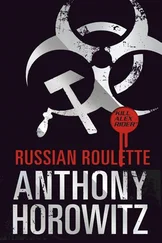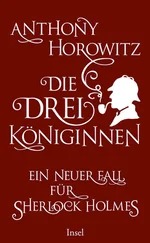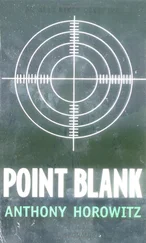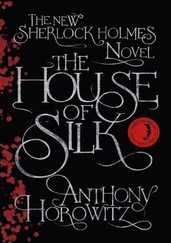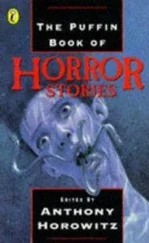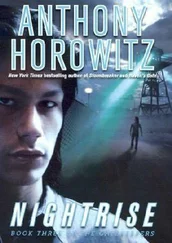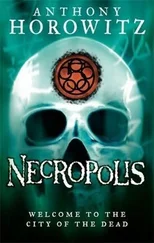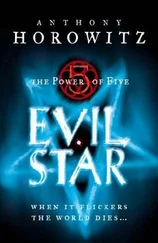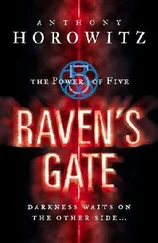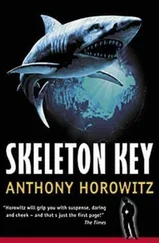‘But I was the one who was sent to Meiringen.’ He smiled. ‘I understand your sentiments, Chase, and I will say that they do you credit. It is true that I have a family. I would not do anything that would threaten their well-being and yet the choice is not mine. For better or for worse, you and I have been thrown together and that is how we shall remain. If it sets your mind at ease, I will add, in confidence, that I would not want Lestrade, Gregson or any of my other friends and colleagues stealing the credit for hunting this man down. But here is a cab approaching. I must be on my way!’
I can still see him hurrying away with the ball in one hand and the blue-uniformed doll hanging limply over his arm. And I wonder now as I wondered then how Dr Watson could have turned him into such a fool in his own account. I have read ‘The Sign of the Four’ since then and can say that the Athelney Jones in that adventure bears very little similarity to the man I knew and who was, I would have said, unequalled by any at Scotland Yard.
There were several hotels close to the station in Northumberland Avenue but their very names—the Grand, the Victoria, the Metropole—warned me they would not fit the bill in any sense of those words and in the end I found somewhere on the Embankment, close by the bridge… so close, in fact, that the whole place rattled every time a train went past. Hexam’s Hotel was grimy and ramshackle. The carpets were threadbare and the chandeliers lopsided. But the sheets were clean, it only cost two shillings a night, and once I had wiped the soot off the window, I was rewarded with a glimpse of the river and a coal ship gliding slowly past. I had dinner in the hotel’s restaurant, alone but for a scowling maid and a disgruntled Boots, then sat reading in my room until midnight when I eventually fell into a troubled sleep.
Inspector Jones and I had arranged to meet at twelve o’clock the following day outside the Café Royal on Regent Street, a full hour ahead of the assignation. After much consideration—we had, after all, spent thirty hours together on the train—we had devised a plan that seemed to cover every eventuality. I would wear the red tulip, posing as Moriarty, while Jones would sit at a table, close enough to overhear any conversation that ensued. We had both agreed that it was highly unlikely that Clarence Devereux would appear in person. Apart from the unnecessary risk of his exposing himself to danger, there was the question of his agoraphobia that would make his journey down Regent Street, even in a closed carriage, highly impractical. He would surely send a confederate and that person would expect to find Moriarty alone.
And then? There were three possibilities.
Hopefully, I would be met by someone who would escort me to the house or to the hotel where Devereux was staying. In that event, Jones would follow quietly behind, to ensure my safety and also, of course, to make note of the address. Alternatively, Devereux’s accomplice might know what Moriarty looked like. He would see immediately that I was a fake and walk out. In this event, Jones would slip out of the restaurant and follow him to wherever he had come from, which might at least give us a clue as to where Devereux might be found. And finally, there was a chance that nobody would show up at all. However, Moriarty’s survival at Reichenbach had been widely reported in the London newspapers and we had every reason to hope that Devereux would suppose him alive.
I had purchased a red tulip from a flower stall outside the station and was wearing it as I approached the Café Royal, located in the very epicentre of the city. Chicago might have its State Street and New York the luxury of Broadway, but neither of them, I venture to say, came close to the elegance and charm of Regent Street with its clean air and handsome classical façades. Carriages rolled past in both directions, sweeping round the curve of the road in an endless stream. The pavements were thronged with loungers and urchins, English gentlemen and foreign visitors but above all with ladies, immaculately dressed, accompanied by servants who struggled under the weight of their many purchases. And what had they been buying? I passed windows displaying perfumes, gloves and jewellery, vanille chocolates and ormolu clocks. It seemed that there was nothing you could find here that was not expensive and very little that was actually necessary.
Jones was waiting for me, dressed in a suit, as ever leaning on his walking stick. ‘You found a hotel?’ he asked. I gave him the name and the address. ‘And you had no trouble finding this address?’
‘It was only a short walk and they gave me excellent directions.’
‘Good.’
Jones glanced doubtfully in the direction of the Café Royal. ‘This is a pretty place for a rendezvous,’ he muttered. ‘How our man will even find you, I don’t know. And following him without being observed is going to be difficult, to say the least.’
He had a point. Even the entrance on Regent Street—three sets of doors set behind three pillars—suggested too many ways in and too many ways out and once we’d entered it was unclear where we were supposed to meet as the building was a warren of corridors and staircases, bars, restaurants and meeting rooms—some of them obstructed by mirrored screens, others partly concealed by great displays of flowers. Nor did it help that half of London seemed to have gathered here for lunch. I had never seen such an assembly of the well-to-do. Clarence Devereux and his entire gang could have already been there, planning their next murder or perhaps an armed assault on the Bank of England and we wouldn’t have been able to spot them. There was so much noise, we wouldn’t have been able to hear them either.
We chose the café on the ground floor, which, with its high ceilings and bright, public atmosphere, seemed to be the most natural place for a meeting between two strangers. It was a beautiful room with turquoise pillars and gold ornamentation, top hats and billycocks hanging everywhere and people packed together at marble tables while the waiters in their black tailcoats and long white aprons fought their way through like circus performers, their overladen trays almost seeming to float above their shoulders. Somehow we managed to find two tables side by side. Neither Jones nor I had spoken since we came in. To anyone watching, it would appear that we were unaware of each other’s existence. I ordered a small glass of wine. Meanwhile, Jones had taken out a French newspaper and called to the waiter for a cup of tea.
We sat side by side, ignoring each other, watching as the minute hand of the clock on the far wall climbed ever higher. I could sense the detective growing more and more tense as the hour approached. He had already persuaded himself that we were going to be disappointed and that our rush across the continent had been to no avail. But at exactly one o’clock, I saw a figure appear at the doorway and scrutinise the room, peering through the crowd. Beside me, Jones stiffened and his eyes—always serious—became suddenly alert.
The new arrival was a child of about fourteen, smartly dressed in the bright blue jacket and bowler hat of a telegraph boy. He looked ill at ease, as if he were unused to the clothes that he had been forced to wear and they certainly didn’t fit him very well for the uniform was tight and trim and he was the exact opposite. Indeed, with his plump stomach, short legs and round cheeks it struck me that he rather resembled the cupids that ornamented the very room in which we sat.
He saw me—or rather the tulip on my coat—and with a glint of recognition began to make his way through the crowd. He reached me and, without asking permission, sat down opposite me, crossing one foot over his knee. This in itself was a display of arrogance that would have been unbecoming to his station—but now that he was close, it was quite obvious that he had never worked for the telegraph office. He was too knowing. There was something very strange about his eyes, which were moist and empty as if they had never looked on anything that was not evil. At the same time, his eyelashes were fine, his teeth white, his lips full—and the overall effect was that he was both very pretty and very ugly at the same time.
Читать дальше
